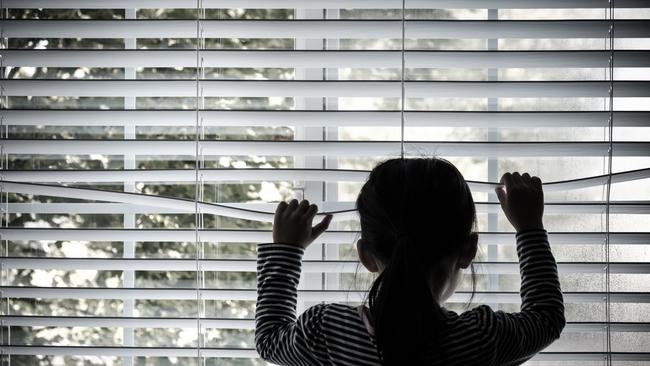
This is not simply wagging, as earlier generations knew it. It’s an extreme phobia about stepping through the school gate and it’s on its way to what the Japanese call hikikomori – adolescents who are literally hermits in their home, unable to participate in regular life.
It’s a fraught term, however, according to a young person in the know. This person tells me that the adult-imposed word “refusal” is problematic; there is a nuance lacking here. “It’s not about refusing anything,” they say. “It’s about not being able to go to school. They may want to, but simply can’t.”
It involves a silent legion of kids across our nation, whose numbers are increasing. There’s often depression involved. Sometimes autism or ADHD. Bullying at school. Extreme anxiety about dealing with fellow students, teachers and/or academic pressures. And sometimes trauma from life events such as a divorce, illness or a death in the family. The jagged disruptions of the pandemic years didn’t help.
The so-called refusing may start with headaches, stomach aches or vomiting. Can involve hiding and panic attacks. And so the child stays at home. Days stretch into weeks, into months, and in some cases years. The more time the student spends away from school the more difficult it can be to get them back.
Educators are struggling to deal with it as much as parents. As School Refusal Australia explains, “Our children would go back to school if they could”. It cuts across all socioeconomic groups but I’m seeing it, in particular, among families with professional parents and smart kids; often girls, tormented by the curse of perfectionism.
“Advice such as ‘tough love’, ‘consequences’ and gradual exposure causes further harm and extends the child or young person’s time away from school,” School Refusal Australia explains. “It creates an unhelpful battleground between parents and teachers.” My wise young person in the know says the choice often comes down to an education for the child, or a relationship with the parents. Which is worth more to preserve?
My heart breaks for the legions of our invisible school refusers across the nation right now. But I also feel for the parents who are having their own lives brutally disrupted as they struggle to cope. They’re changing work patterns or even quitting their jobs, developing depression and anxiety themselves, losing friends and leaving the areas they called home. Families and finances are fracturing.
One mother told me she’s going mad with the situation. It’s breaking her. For now, her child’s relationship with his parents is the priority as the situation becomes all-consuming, holding his family hostage. I leave you with the powerful words of School Refusal Australia: “It is soul-destroying for families to watch the shell of a person they once knew to be a happy child, merely exist… the ‘will they or won’t they go to school’ game played in homes every morning takes an unbearable toll on families.”
Organisations such as ReachOut and Headspace offer guidance.




Have you heard the term “school refusal”? It refers to a phenomenon that seems to have increased alarmingly since the pandemic. I know of several families dealing with this issue right now and my heart breaks for the poor kids, as well as the parents and siblings caught in the wake of the trauma. There are unbearable pressures on families involved. As the organisation School Refusal Australia explained in a submission to Victoria’s royal commission into mental health, “The kids are isolated, often live in their bedrooms 24/7 and are unable to leave their home. They barely function. They feel guilty and ashamed. They’ve given up. They think the world has given up on them too.”